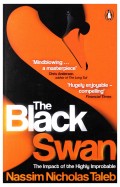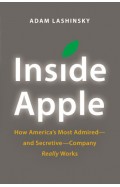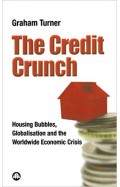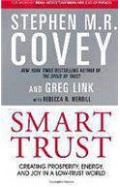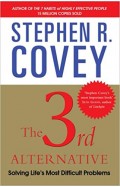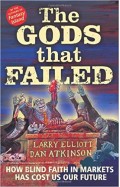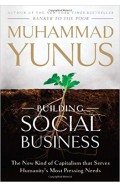- Home
- Books
- Non Fiction
- Business & Management
- How the Other Half Banks: Exclusion, Exploitation, and the Threat to Democracy
How the Other Half Banks: Exclusion, Exploitation, and the Threat to Democracy
By: Mehrsa Baradaran
-
Rs 2,155.50
- Rs 2,395.00
- 10%
You save Rs 239.50.
Due to constant currency fluctuation, prices are subject to change with or without notice.
The United States has two separate banking systems today--one serving the well-to-do and another exploiting everyone else. How the Other Half Banks contributes to the growing conversation on American inequality by highlighting one of its prime causes: unequal credit. Mehrsa Baradaran examines how a significant portion of the population, deserted by banks, is forced to wander through a Wild West of payday lenders and check-cashing services to cover emergency expenses and pay for necessities--all thanks to deregulation that began in the 1970s and continues decades later.
"Baradaran argues persuasively that the banking industry, fattened on public subsidies (including too-big-to-fail bailouts), owes low-income families a better deal...How the Other Half Banks is well researched and clearly written...The bankers who fully understand the system are heavily invested in it. Books like this are written for the rest of us."
--Nancy Folbre, New York Times Book Review
"How the Other Half Banks tells an important story, one in which we have allowed the profit motives of banks to trump the public interest."
--Lisa J. Servon, American Prospect
The United States has two separate banking systems today--one serving the well-to-do and another exploiting everyone else. How the Other Half Banks contributes to the growing conversation on American inequality by highlighting one of its prime causes: unequal credit. Mehrsa Baradaran examines how a significant portion of the population, deserted by banks, is forced to wander through a Wild West of payday lenders and check-cashing services to cover emergency expenses and pay for necessities--all thanks to deregulation that began in the 1970s and continues decades later.
"Baradaran argues persuasively that the banking industry, fattened on public subsidies (including too-big-to-fail bailouts), owes low-income families a better deal...How the Other Half Banks is well researched and clearly written...The bankers who fully understand the system are heavily invested in it. Books like this are written for the rest of us."
--Nancy Folbre, New York Times Book Review
"How the Other Half Banks tells an important story, one in which we have allowed the profit motives of banks to trump the public interest."
--Lisa J. Servon, American Prospect
How the Other Half Banks: Exclusion, Exploitation, and the Threat to Democracy
By: Mehrsa Baradaran
Rs 2,155.50 Rs 2,395.00 Ex Tax :Rs 2,155.50
Zubin Mehta: A Musical Journey (An Authorized Biography)
By: VOID - Bakhtiar K. Dadabhoy
Rs 892.50 Rs 1,050.00 Ex Tax :Rs 892.50
The Black Swan The Impact Of The Highly Improbable
By: Nassim Nicholas Taleb
Rs 2,965.50 Rs 3,295.00 Ex Tax :Rs 2,965.50
Inside Apple How Americas Mo Admired And Secretive Company Really Works
By: Adam Lashinsky
Rs 1,215.00 Rs 1,350.00 Ex Tax :Rs 1,215.00
Buyology How Everything We Believe About Why We Buy Is Wrong
By: Martin Lindstrom
Rs 2,515.50 Rs 2,795.00 Ex Tax :Rs 2,515.50
The 3rd Alternative Solving Life s Most Difficult Problems
By: Stephen Covey
Rs 675.75 Rs 795.00 Ex Tax :Rs 675.75
Building Social Business The New Kind Of Capitalism That Serves Humanitys Most Pressing Needs
By: Muhammad Yunus
Rs 360.00 Rs 400.00 Ex Tax :Rs 360.00
No similar books from this author available at the moment.
No recently viewed books available at the moment.
Zubin Mehta: A Musical Journey (An Authorized Biography)
By: VOID - Bakhtiar K. Dadabhoy
Rs 892.50 Rs 1,050.00 Ex Tax :Rs 892.50
How the Other Half Banks: Exclusion, Exploitation, and the Threat to Democracy
By: Mehrsa Baradaran
Rs 2,155.50 Rs 2,395.00 Ex Tax :Rs 2,155.50












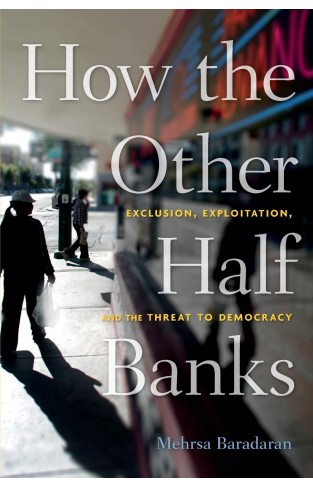

-120x187.jpg?q6)





